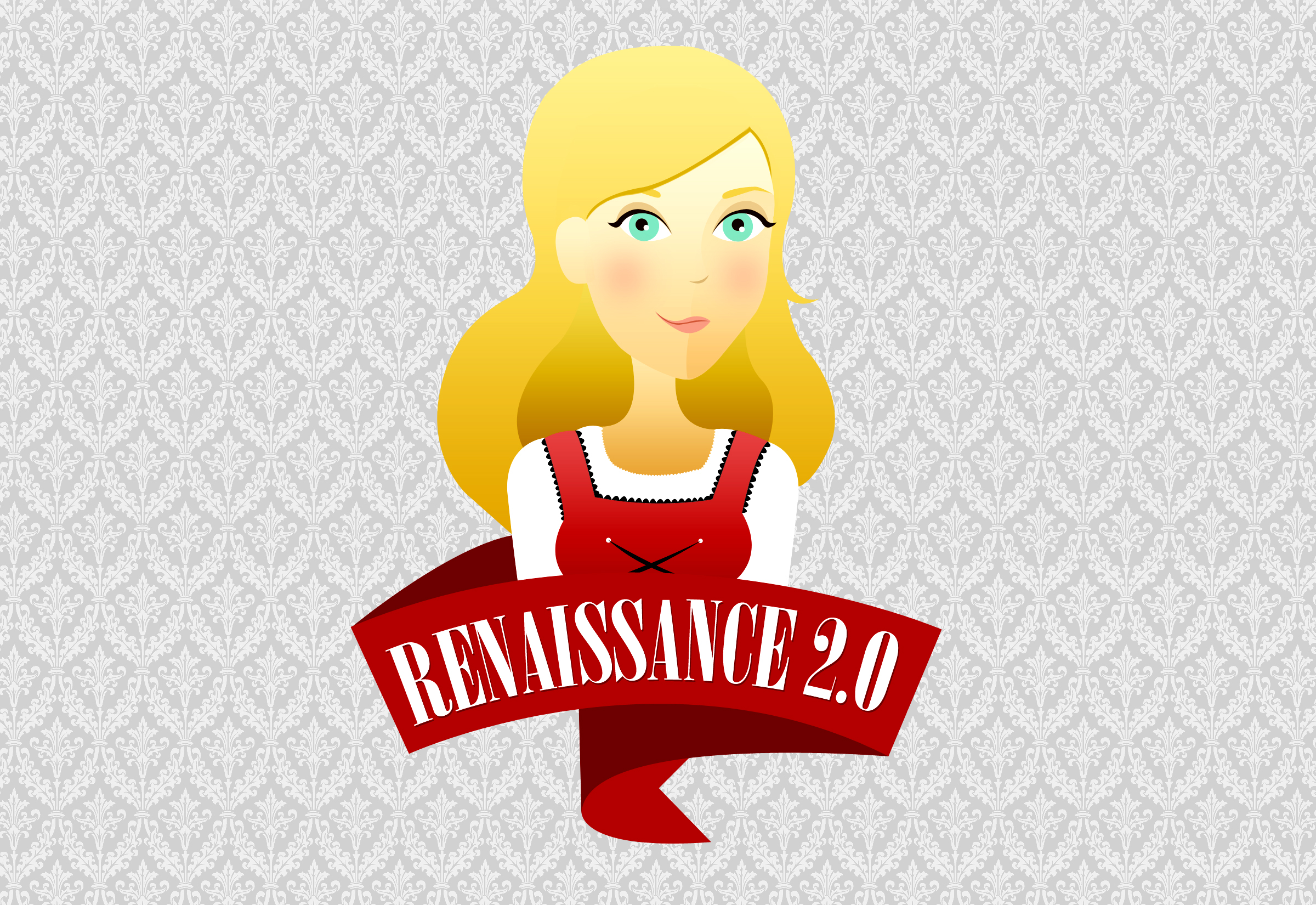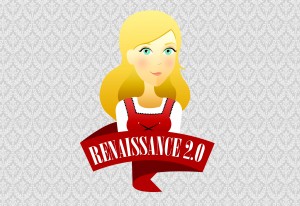Renaissance 2.0


People move. If there’s one thing to learn from history class it’s that people move en mass from one place to another.
Europeans got on boats and sailed away. Romans conquered and colonized. The Mongols went wherever they wanted. Nations that didn’t move out and conquer were conquered and killed.
Moving has been wired into us. Not necessarily exploration, just moving: the act of taking new lands for our own. Migration has influenced the evolution of borders, economics, politics and culture for hundreds, if not thousands, of years. But here in the 21st century we’ve run out of ways to really move. We’ve discovered all the land, or at least we think we have, and we’ve developed a society that generally frowns upon conquering and killing to acquire new territory. So, nation-states are less in flux geographically speaking than ever before.
We were born in the wrong time period: too late for our history of moving conquest and too early to try colonizing space or the bottom of the ocean.
The situation as an isolated issue isn’t unprecedented; it’s just never been a worldwide problem. Think of 13th century Europe, the High Medieval Ages, with its population soaring. Politically organized, the barbarians were dealt with and unless you lived in Scandinavia there was no real movement.
What happened next was The Renaissance, the period of enlightenment. People didn’t start moving again until 1492, halfway through the Renaissance (1300 – 1600), and once colonization started again the Renaissance was replaced with the Industrial Revolution.
A loss of the ability to move, spurred people to create, which led to their ability to move once again. They channeled that excess energy into accumulating knowledge. Sound familiar?
We don’t seem to be doing much moving but we’re creating data and mining knowledge at an unprecedented rate. This is a worldwide Renaissance 2.0. and we have no idea.
We were born before the Internet took off. We were around when people started getting email, when Internet stopped being dial-up and phones went handheld. While we’ve been alive, the world has been turned upside down. Let’s take advantage.
Knowledge has never been more accessible to mankind and there’s never been a better opportunity for the creator. We’re at a place where we can create almost anything we can dream of.
If we can understand the significance of the world we are living in and the developments being made, we could better appreciate the present and its impact on the future.
Hover cars, super suits, clones and dark matter. Science fiction is becoming plain old science.
That’s what we have that the traditional Renaissance didn’t: access. Back then a select few could read the old tomes filled with past knowledge. Today, information is at your fingertips. We’re a unique generation because today anyone can be daVinci even if we won’t know it until long after we’re gone.
That doesn’t mean that we all have to paint the next great work or build the shuttle to Mars, but we can if we want. We can create anything we want and that ability is truly unique to the present time period.
Instead of bemoaning how stuck we are, how the Earth might run out of room, how the zombie apocalypse is upon us, do what you can do. Create. Enjoy the Renaissance. It doesn’t matter if it’s a piece of poetry about how your boyfriend dumped you as long as it’s the best poem you can write about how your boyfriend dumped you.
In an interconnected world, it’s about baby steps and degrees of separation. Maybe you post your poem on the Internet and it inspires someone. They inspire someone else who inspires someone else, who inspires someone who builds a shuttle to Mars. And that got the world moving again.


